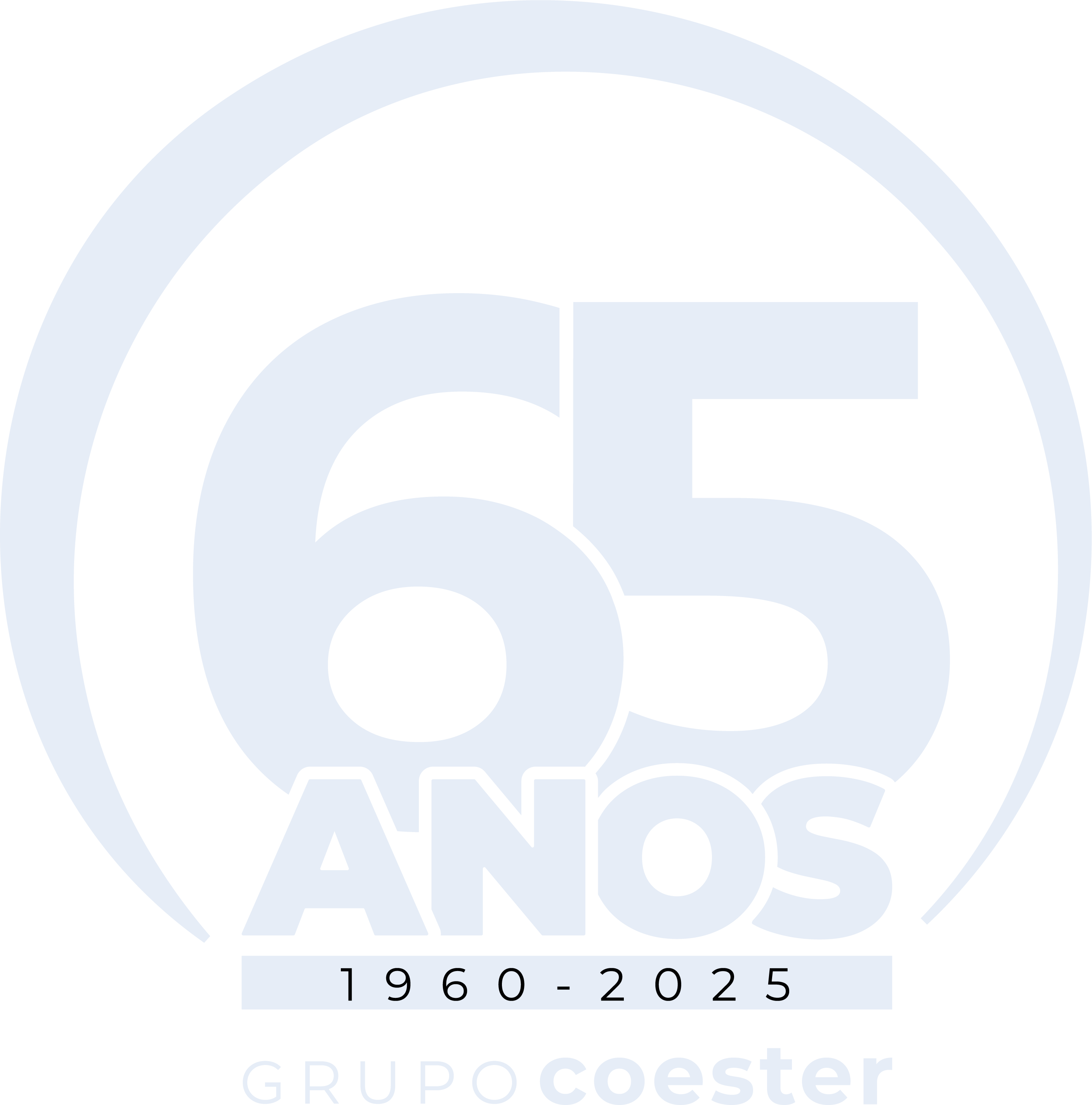The Nereda technology originated in the Netherlands and was developed by the Delft University of Technology. It is a revolutionary sewage treatment system that uses granular aerobic biomass (Aerobic Granular Sludge, or AGS) and which does not require the addition of chemicals, consumes less energy, takes up smaller spaces and guarantees a good result (Environmental BRK). Moreover, it is a technology that requires less investment and generates less operating expenses.
In the field of the legacy and transformations of Rio de Janeiro to host the 2016 Olympic Games, infrastructure and sanitation works are among the main investments in the city. In the field of sanitation, Coester supplied Electric Actuators for the automation of valves at the Sewage Treatment Plant, located in the West Zone of Rio de Janeiro, STP Deodoro. Opened in June 2016, the STP is considered a legacy of the Olympic Games, with a capacity to serve 430,000 people, and is considered one of the most modern in the world. The station in Deodoro was the first to use Dutch Nereda technology in Brazil.
Over the course of two years, Coester supplied 61 Smart Electric Actuators, on Modbus RTU and Profibus DPV1 networks, for the automation of valves in various processes existing in the plant, which represents a breakthrough in terms of operational efficiency, in addition to the environmental aspect and the population’s health. Nereda results in an innovative, disruptive process that demands less energy and infrastructure, as well as having smaller stations. Additionally, automated treatment, using Coester Electric Actuators, requires less operational manpower, which translates into greater efficiency and reliability in the processes.






